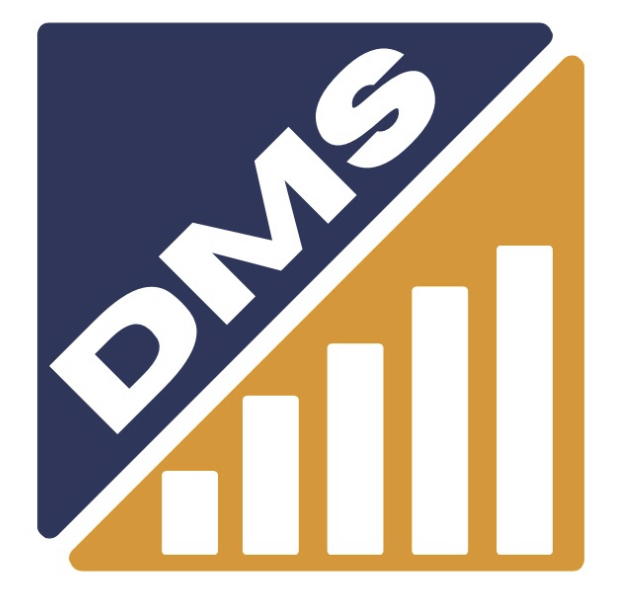The Digital Marketing Revolution: How Technology Has Transformed the Industry
In the fast-paced world of marketing, evolution is constant. Over the past few decades, perhaps no transformation has been as profound as the shift towards digital marketing. With advancements in technology reshaping consumer behavior and communication channels, businesses have had to adapt or risk being left behind. In this blog post, we'll explore the digital marketing revolution, examining the ways in which technology has transformed the industry and revolutionized the way businesses connect with their audiences.
1. The Rise of Digital Channels:
The advent of the internet paved the way for a plethora of digital marketing channels, including websites, search engines, social media platforms, email, and mobile apps. These channels offer unprecedented opportunities for businesses to reach and engage with their target audience on a global scale, 24/7.
2. Data-Driven Decision Making:
One of the most significant impacts of technology on digital marketing is the abundance of data available to marketers. Through tools like analytics platforms, CRM systems, and social media insights, businesses can collect vast amounts of data about their customers' preferences, behaviors, and interactions. This data-driven approach enables marketers to make informed decisions, personalize experiences, and optimize campaigns for better results.
3. Personalization and Targeting:
Technology has empowered marketers to move away from one-size-fits-all marketing towards highly personalized and targeted campaigns. Through techniques like segmentation, behavioral targeting, and dynamic content, businesses can deliver tailored messages to specific audience segments, increasing relevance and engagement.
4. Automation and AI:
Automation and artificial intelligence (AI) have revolutionized the way marketing tasks are performed, streamlining processes, and enhancing efficiency. From automated email marketing campaigns to AI-powered chatbots and predictive analytics, technology enables marketers to automate repetitive tasks, optimize workflows, and deliver more personalized experiences at scale.
5. The Role of Content:
Content has always been at the heart of marketing, but technology has transformed the way it's created, distributed, and consumed. With the rise of social media, blogs, podcasts, videos, and other digital platforms, businesses have unprecedented opportunities to create and share content that resonates with their audience, drives engagement, and builds brand affinity.
6. Omnichannel Marketing:
Today's consumers expect a seamless experience across multiple channels and devices. Technology has enabled businesses to adopt an omnichannel marketing approach, where messages are consistent and cohesive across all touchpoints, whether it's a website, social media, email, or in-store experience. This unified approach helps businesses build stronger relationships with customers and enhance brand loyalty.
The digital marketing revolution has transformed the way businesses connect with their audience, offering new opportunities, challenges, and possibilities for growth. By embracing technology, leveraging data, personalizing experiences, and adopting an omnichannel approach, businesses can thrive in today's digital landscape and stay ahead of the competition. As technology continues to evolve, the future of digital marketing holds even more exciting prospects, reshaping the industry in ways we can only imagine.


